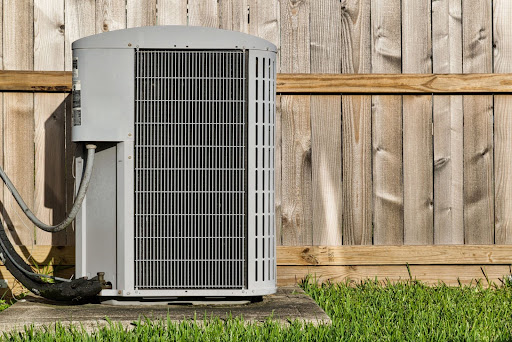The world of HVAC systems is full of technical jargon that can leave homeowners feeling confused when speaking with salespeople or technicians. From SEER ratings to air handlers, understanding these terms can help you make informed decisions about your heating and cooling system.
At Cooper Mechanical, we believe in empowering our customers with knowledge so you can feel confident about your HVAC investments. Now, The Coop will explain everything you’ll need to know when it comes to understanding your HVAC system.
Why Understanding HVAC Terminology Matters
When you’re making decisions about your home’s heating and cooling system, it’s important to understand what your technician or salesperson is saying. Knowing HVAC lingo can help you:
- Make better purchasing decisions by understanding efficiency ratings and system options.
- Prevent miscommunication during maintenance or repairs.
- Feel more confident about your system and its performance.
For example, knowing the difference between a heat pump and a furnace can save you from choosing the wrong system for your home. Let’s take a closer look at some of the most common HVAC terms and what they mean.
Common HVAC Terms Explained
1. SEER (Seasonal Energy Efficiency Ratio)
What it means: SEER measures the energy efficiency of your air conditioning system.
Why it matters: A higher SEER rating means your system uses less energy to cool your home, resulting in lower utility bills. In Pennsylvania and New Jersey, where summer temperatures can soar, an efficient air conditioner can make a big difference.
2. BTU (British Thermal Unit)
What it means: BTU measures the amount of heat required to raise the temperature of one pound of water by one degree Fahrenheit. In HVAC terms, it refers to the heating or cooling capacity of your system.
Why it matters: Choosing the right BTU size for your home ensures your system can heat or cool your space efficiently without wasting energy.
3. Air Handler
What it means: An air handler is the indoor unit of your HVAC system that circulates air through your home.
Why it matters: The air handler works in tandem with your heat pump or air conditioner to ensure even distribution of conditioned air.
4. Heat Pump
What it means: A heat pump is a versatile HVAC system that can both heat and cool your home by transferring heat from one place to another.
Why it matters: Heat pumps are highly efficient, especially in moderate climates. They can help reduce your overall energy usage throughout the year.
5. Ductwork
What it means: Ductwork refers to the system of air ducts that distribute conditioned air throughout your home.
Why it matters: Leaky or poorly insulated ducts can result in significant energy loss and uneven heating or cooling.
What Your Technician Is Really Saying
HVAC technicians often use industry-specific terms to describe issues with your system. Here are some common phrases and what they really mean:
- “Your system is short cycling” = Your HVAC system is turning on and off too frequently. This could be due to a thermostat issue, dirty filters, or improper system sizing.
- “You need a refrigerant recharge” = Your system’s refrigerant levels are too low, which can affect its cooling performance. This may indicate a refrigerant leak that needs to be repaired.
- “There’s a problem with your ductwork” = Your air ducts might be leaking or clogged, reducing the efficiency of your HVAC system and causing uneven temperatures.
Common Misunderstandings Between Homeowners and Technicians
It’s easy for homeowners to misunderstand what an HVAC technician is explaining. Here are a few examples of common misconceptions and how to clarify them:
- Misunderstanding: “The technician said my air conditioner needs a new compressor. Isn’t that the entire system?”
Clarification: The compressor is a key part of your AC unit, but it’s not the entire system. Replacing the compressor can extend the life of your unit without a full system replacement. - Misunderstanding: “They mentioned something about a clogged condensate drain. Is that serious?”
Clarification: Yes! A clogged condensate drain can cause water damage and mold growth if not addressed promptly. It’s a simple fix but important to maintain your system.
How Cooper Mechanical Makes HVAC Simple for You
We take the time to explain your HVAC system in plain language. We believe in transparency and want you to feel comfortable and confident in your decisions. Here’s what sets us apart:
- Comprehensive Maintenance Plans to keep your system running efficiently year-round.
- Detailed Explanations of any issues we find and how we plan to fix them.
- Customer-Focused Service that prioritizes your comfort and satisfaction.
- Our knowledgeable sales team is eager to answer any and all questions during the home visit for the estimate.
Whether you’re installing a new system, scheduling repairs, or considering upgrades, we’re here to help you understand every step of the process.
Understanding HVAC terminology doesn’t have to be overwhelming. By learning the basics, you’ll feel more confident about your HVAC system and more in control of your home’s comfort. The Coop is here to help you every step of the way — from installation to maintenance and everything in between.
Want to learn more? Contact us today to speak with one of our knowledgeable team members about your heating, cooling, or plumbing needs!






